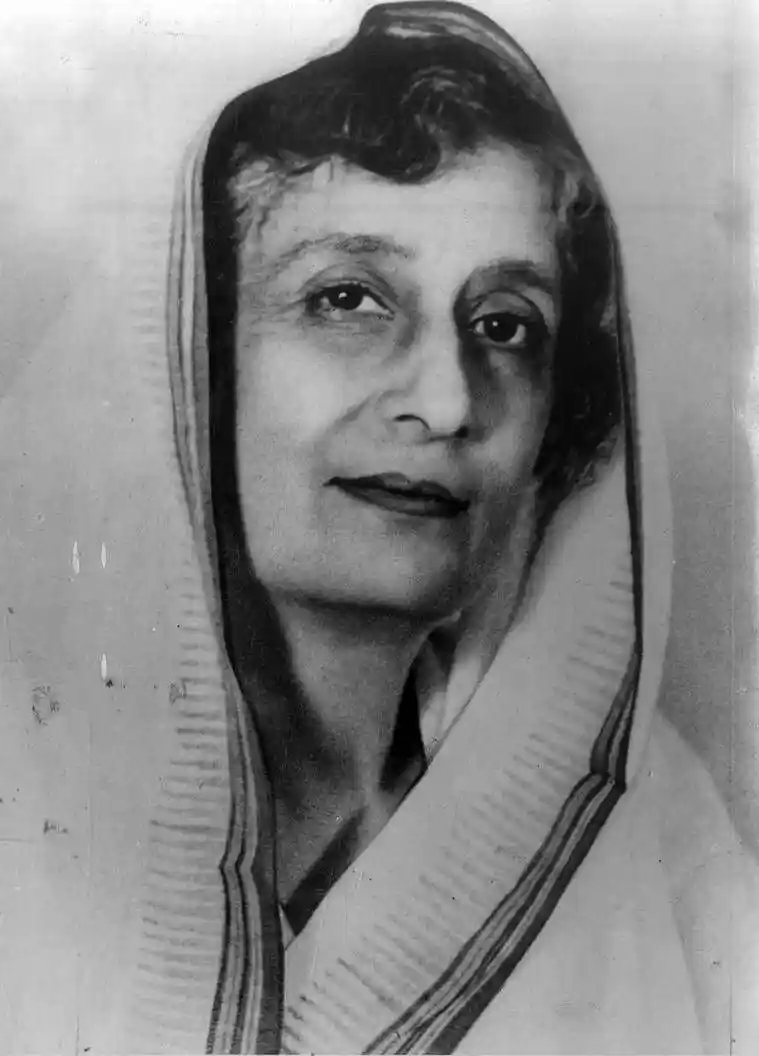Rajkumari Amrit Kaur – A Feminist Icon of India
A social reformer, politician and healthcare diplomat, Rajkumari Amrit Kaur was born in a royal family on February 2, 1889. The revolutionary female icon served as the first female in the Cabinet of independent India

Fighting for compassion, Rajkumari Amrit Kaur; Source: The Indian Express
Born to the royal Kapurthala family in Lucknow on February 2, 1889, Rajkumari Amrit Kaur Ahluwalia is remembered for her extensive contributions to the emancipation of India from colonial rule, as well as integral social reformist movements. We all uphold Mother Teresa as a symbol of hospitality and compassion - well, Rajkumari Amrit Kaur was no less!
The only girl child among ten siblings, she was born to Raja Harnam Singh, who had converted to Christianity in his teens, thus missing out on the opportunity of succeeding the throne. Rajkumari Amrit Kaur completed her education from Edwardian England, attending school at Sherborne School in Dorset followed by Oxford University. She returned to India in 1918.
After she returned, she immediately stepped in to get involved with the independence struggle. Her father was a close associate of the Indian National Congress, exposing young Amrit Kaur to a wide range of revolutionary ideologies.
She met Mahatma Gandhi in 1919, and passionately identified with his principles of non-violence and truth. She went on to serve as his secretary for the next 16 years.
Leaving her royal lifestyle behind, she joined the Indian National Congress after being deeply impacted by the horrors of the Jallianwala Bagh massacre. Amrit Kaur was a strong supporter of women’s education, she worked hard to abolish oppressive norms such as the purdah system, child marriage and the devadasi system.
In 1927, she co-founded the All India Women’s Conference, serving as its Secretary in 1930 and President in 1933. Kaur was imprisoned by the British authorities on multiple occasions, including her visit to Bannu on a goodwill mission in 1937 and her involvement in the Quit India movement in 1942.
Additionally, Rajkumari Amrit Kaur was the first Indian lady to be a part of the Cabinet after independence as a Health Minister for a period of 10 years.
She had a pivotal role to play in establishing AIIMS, the prestigious medical institute in Delhi. She also led multiple Indian delegations at UNESCO and WHO.
Rajkumari Amrit Kaur has been named as one of the most influential women of the previous century by Times Magazine.


